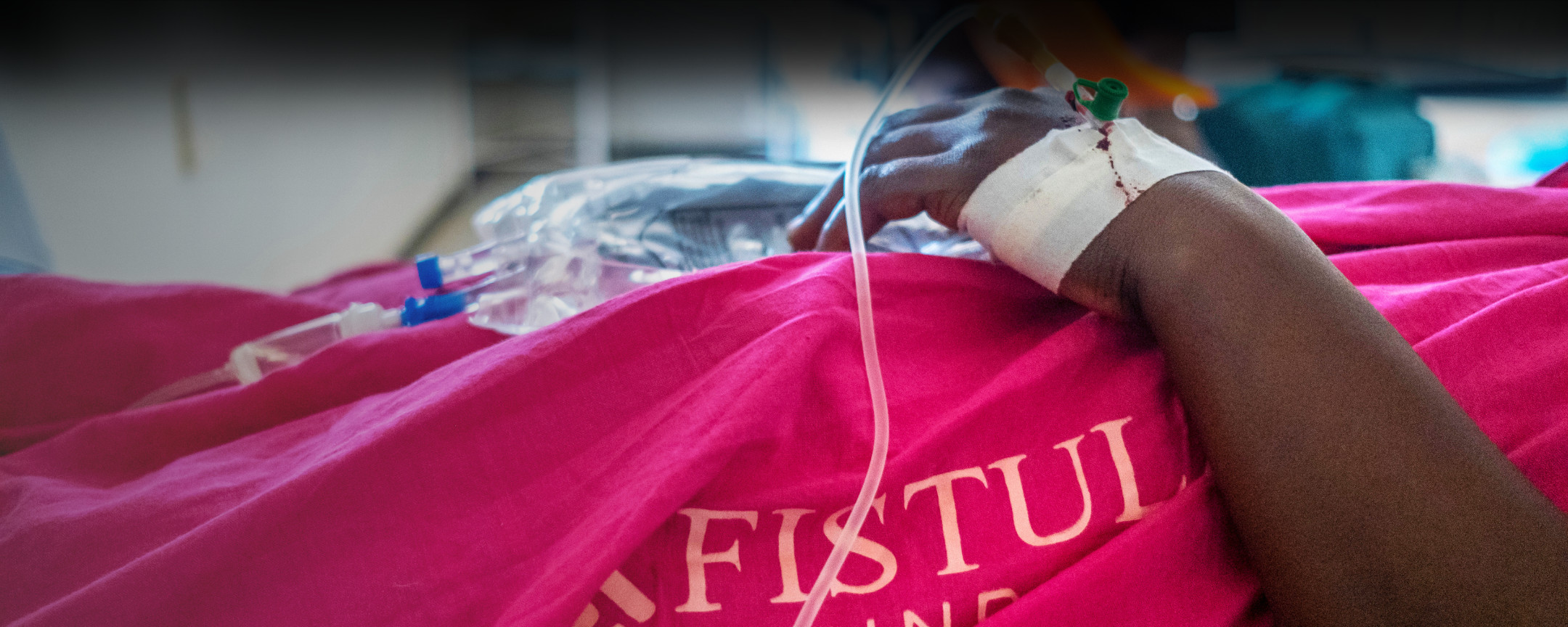Why We Work in Guinea
Guinea has the 13th highest maternal mortality rate in the world. Despite recent progress, widespread poverty, political unrest, and an influx of refugees from neighboring countries continue to hamper women’s access to quality health care. Much of the population remains wary of hospitals in the aftermath of the 2014 Ebola crisis.
Guinea also struggles with some of the highest incidences of early marriage and teenage pregnancy. This—combined with poor access to emergency obstetric services—puts Guinean mothers at a higher risk for obstructed labor and with it, childbirth injuries like obstetric fistula.
There are currently five hospitals in the country with the capability to treat fistula. Yet capacity at these hospitals remains severely limited due to a lack of trained surgeon and basic supplies, such as medication and surgical instruments.
Identifying women with untreated fistula, especially in remote regions, also remains a challenge. Often hiding themselves in shame, many are not aware that they are suffering from a known, treatable condition. Strong community outreach is vital to finding and treating women with fistula, and reaching the vast backlog of cases.
What You Help Us Do
We are investing in the following areas to build Guinea’s in-country medical services and provide life-transforming surgery to as many women as possible:
Meet Our Partners
We identify local surgical teams in Guinea already successfully treating women with fistula—and then work to amplify their efforts.
Artemedis
- Location: Conakry and Boké
- Partner Since: 2019
EngenderHealth, Inc.
- Location: Conakry
- Partner In: 2014 – 2020
Women and Health Alliance International (WAHA International)
- Location: Conakry
- Partner In: 2013 – 2016
Below are funding totals since the start of each partnership.
Current Partners
- Artemedis, $427,870
Past Partners
- EngenderHealth, Inc., $465,464
- Women and Health Alliance International (WAHA International): $831,938
